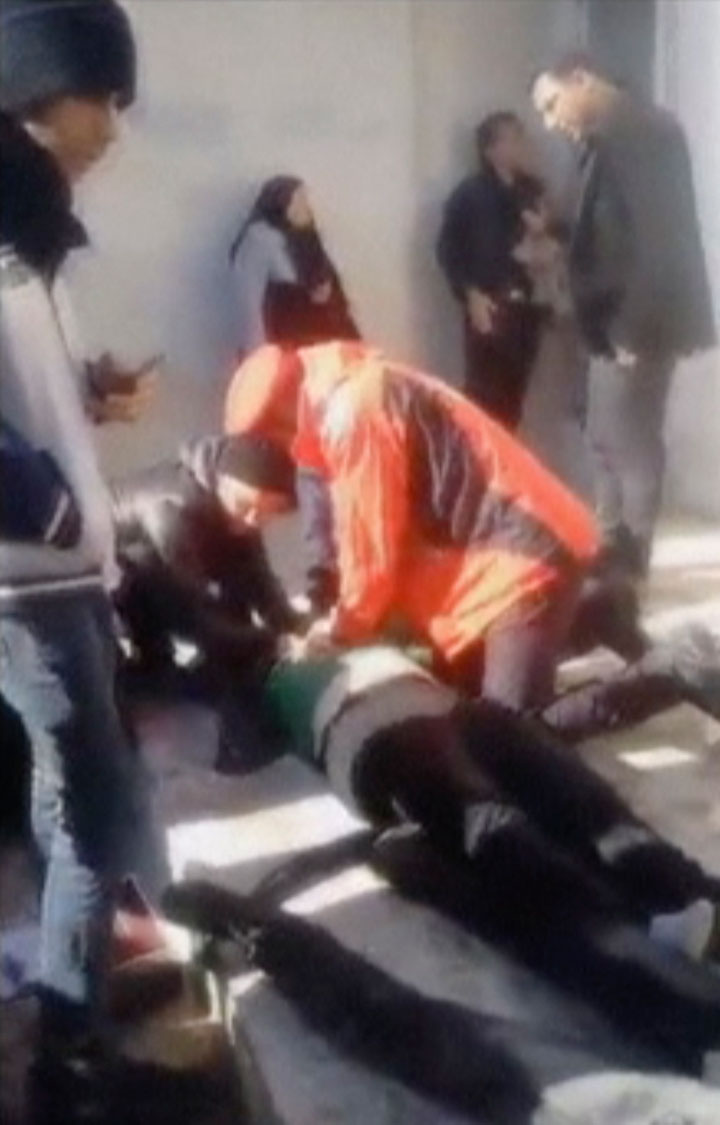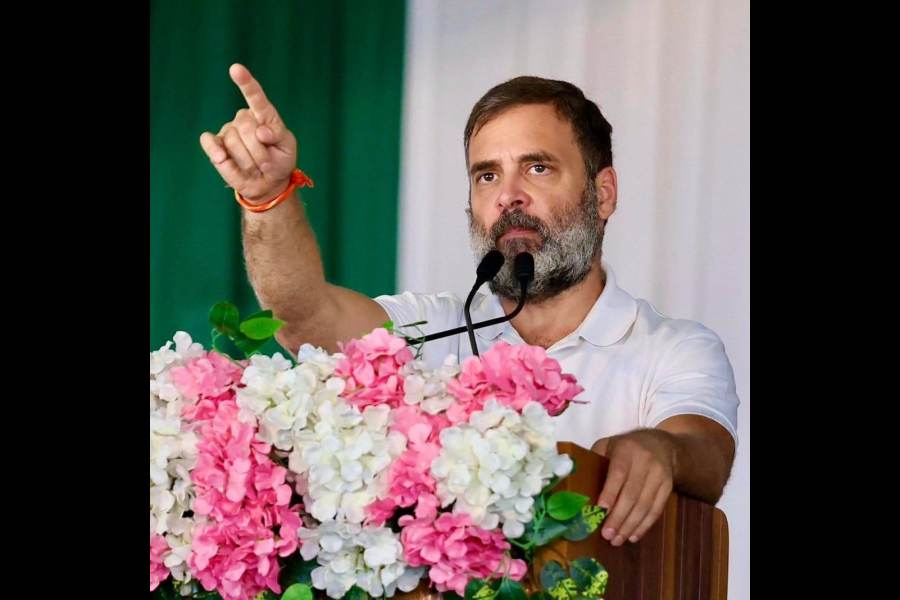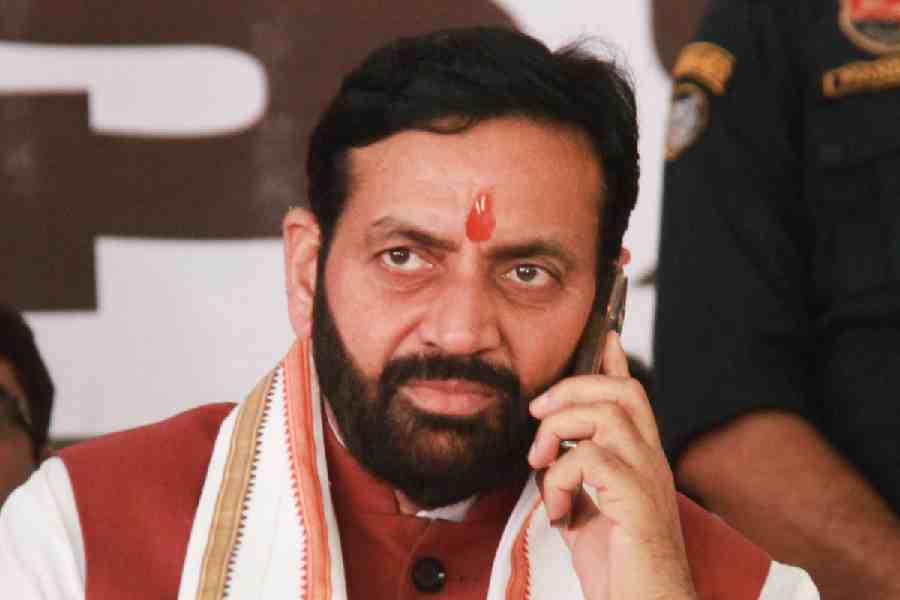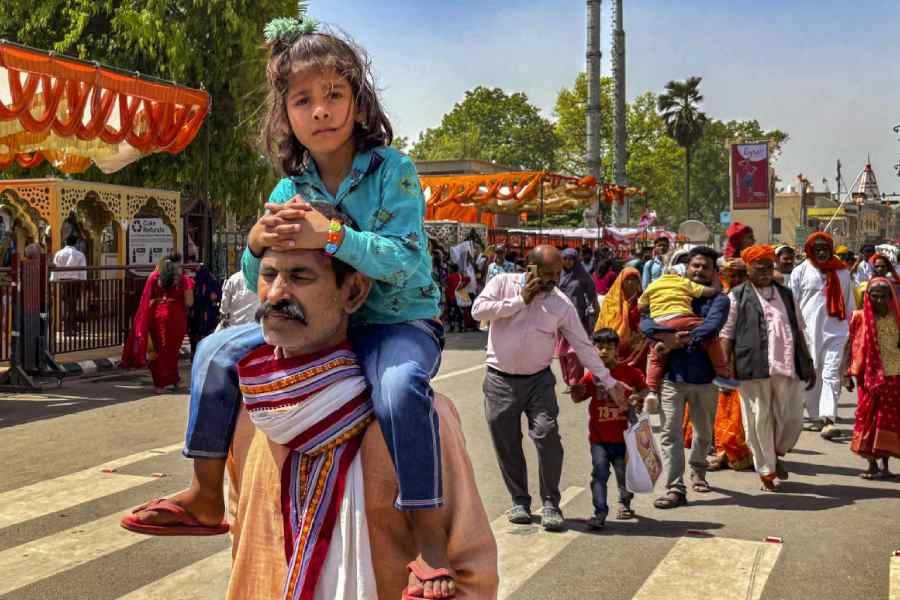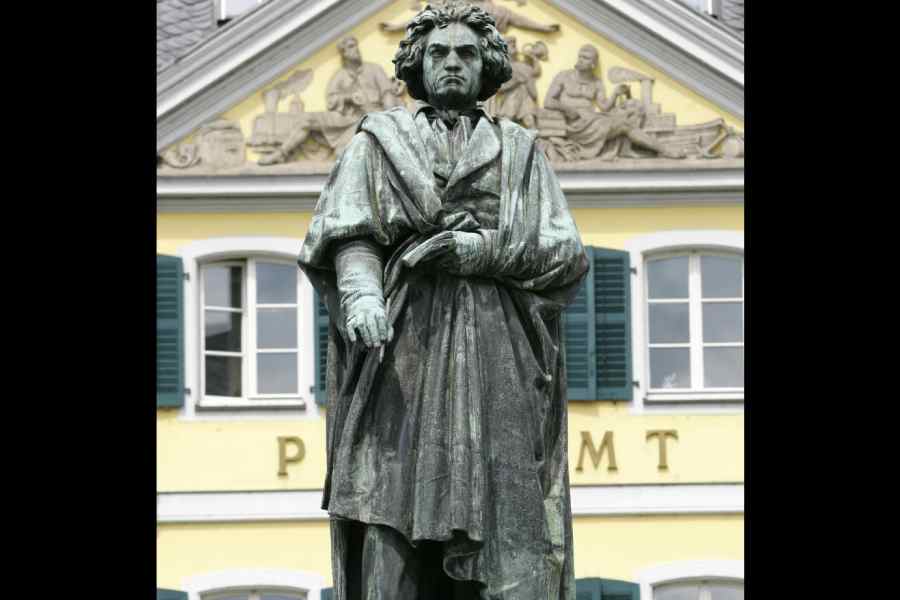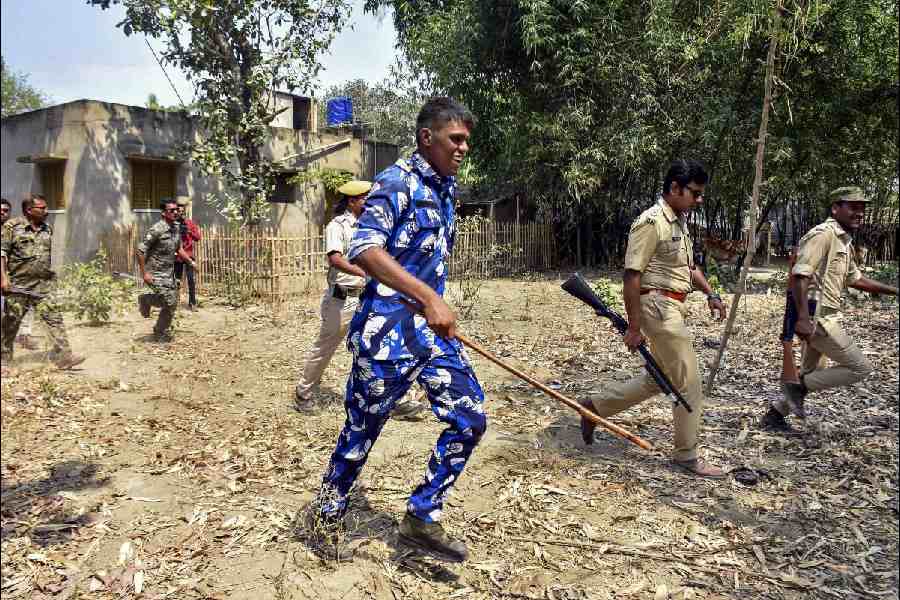Fifty six people were killed in a stampede as mourners packed streets for the funeral of a slain Iranian military commander in his hometown on Tuesday, forcing his burial to be postponed, state-affiliated media reported.
Tens of thousands of people had gathered in the southeastern city of Kerman to pay tribute to Major General Qassem Soleimani, whose killing in a US drone strike in Iraq on Friday plunged the region into a new crisis and raised fears of a broader conflict.
A senior Iranian official said Tehran was considering several scenarios to avenge his killing. Other senior figures have said Iran will match the scale of Soleimani’s killing when it responds but that it will choose the time and place.
Tuesday’s stampede broke out amid the crush of mourners, killing at least 56 people and injuring about 213, an emergency services official told the semi-official Fars news agency.
Iran’s Isna news agency said the burial of Soleimani had been postponed, but did not say how long any delay would last.
“Today because of the heavy congestion of the crowd unfortunately a number of our fellow citizens who were mourning were injured and a number were killed,” emergency medical services chief Pirhossein Kolivand told state television.
The body of Soleimani, a national hero whose death has united many Iranians, had been taken to Iraqi and Iranian cities before arriving in Kerman for burial.
In each place, huge numbers of people filled thoroughfares, chanting “Death to America” and weeping with emotion.
Supreme Leader Ali Khamenei shed tears when leading prayers in Tehran.
Soleimani, who commanded the elite Quds Force, was responsible for building up Tehran’s network of proxy armies across West Asia. He was a key figure in orchestrating Iran’s long-standing campaign to drive US forces out of Iraq.
The US defence secretary denied reports the American military was preparing to withdraw from Iraq, where Tehran has vied with Washington for influence since the 2003 US invasion.
“We will take revenge, a hard and definitive revenge,” the head of Iran’s Revolutionary Guards, General Hossein Salami, told the crowds in Kerman before the stampede.
Ali Shamkhani, secretary of the Supreme National Security Council, said 13 “revenge scenarios” were being considered, Fars news agency reported. Even the weakest option would prove “a historic nightmare for the Americans,” he said.
Iran, whose coastline runs along a Gulf oil shipping route that includes the narrow Strait of Hormuz, has allied forces across West Asia through which it can act. Representatives from those groups, including the Palestinian group Hamas and Lebanon’s Hezbollah movement, attended funeral events in Tehran.
Despite its strident rhetoric, analysts say Iran will want to avoid any conventional conflict with the US and will likely focus on asymmetric strikes, such as sabotage or other military action via proxies. Trump has promised to target 52 Iranian sites if Iran retaliates.

